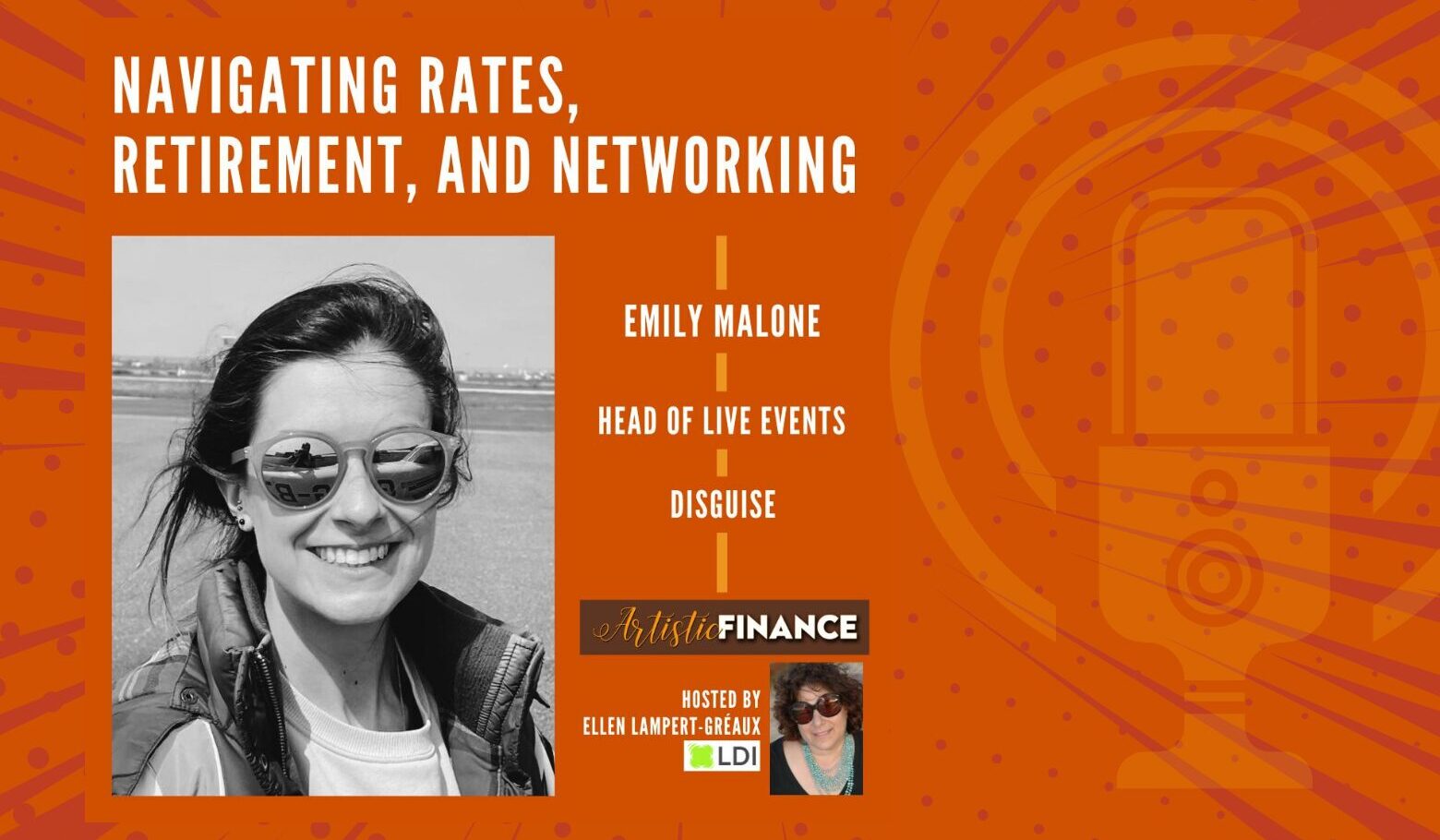What are some key financial lessons you’ve learned in your career?
Emily emphasized the importance of saving for emergencies, retirement, and unexpected gaps between projects. She noted the need to account for expenses like health insurance, training, and taxes, which are typically covered in salaried roles but not for freelancers. Early in her career, she struggled with undercharging for her services, particularly in unfamiliar markets like the U.S. Over time, she learned to set consistent rates based on past experiences, seek advice from peers, and balance her income by smoothing out financial peaks and troughs with systematic planning.
How should freelancers approach pricing their services?
Emily advised using past experiences as a benchmark for pricing similar projects. For new types of work, consulting peers who have experience in that area is invaluable. She shared a personal misstep when undercharging in the U.S. due to lack of market knowledge and encouraged creatives to engage in open conversations about money. Transparent discussions about pay not only help freelancers charge appropriately but also foster industry-wide financial literacy.
Are there tools you recommend for managing freelance finances?
Emily highlighted her use of the accounting software Free Agent during her freelancing days. This tool helped her manage invoices, track expenses, and stay on top of tax deadlines. She also benefited from working with an accountant who specialized in the industry, enabling her to focus on her projects while maintaining control over her financial health. While she now holds a salaried role, she stressed the value of using technology and professional advice to streamline financial management.
How important is networking for career and financial growth in live events?
Networking has been pivotal for Emily’s career, allowing her to connect with professionals across different disciplines and projects. Beyond job opportunities, networking has helped her gain insights into industry pay scales, charging standards, and emerging trends. She emphasized that networking doesn’t always have to be intentional; casual conversations often lead to unexpected learning and opportunities. For her, the interconnected nature of the live events industry makes building relationships essential for long-term growth.
Key Takeaways from the Episode
- Saving Strategically
Creatives must save not just for emergencies but also to maintain their lifestyle and invest in career development during downtime. - Transparency in Pricing
Open discussions about money among peers foster better financial decisions and industry standards. - Utilizing Tools
Software like Free Agent and professional accountants can simplify financial management for freelancers. - Networking Benefits
Relationship-building can lead to unexpected opportunities, career growth, and financial insights. - Evolving with the Industry
Emily’s story illustrates how curiosity and adaptability can lead to transformative career paths, such as her shift from programming to leadership in live events.
Listen to this Episode on:
Website / Spotify / Apple Podcasts / YouTube
This episode of the Artistic Finance podcast is hosted by Ellen Lampert-Gréaux & Ethan Steimel.
Artistic Finance provides theatre makers with honest, no-pretension insights into managing money in the entertainment industry. Hosted by lighting designer Ethan Steimel, this podcast delves into the personal finance challenges and business realities of show business, offering candid advice and practical tools tailored to creatives working behind the scenes.

